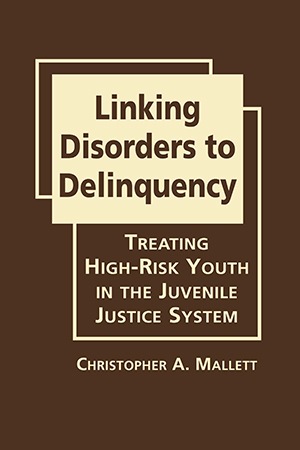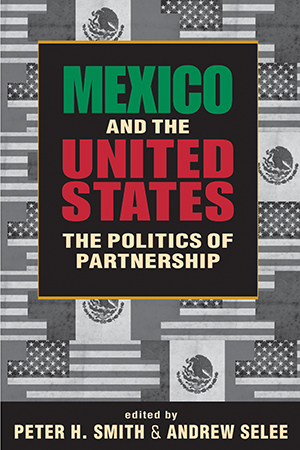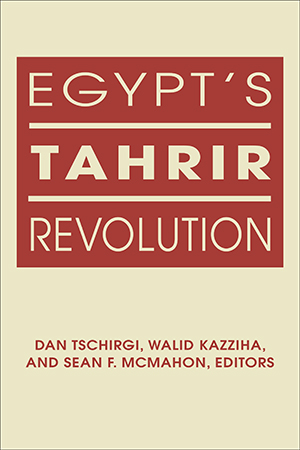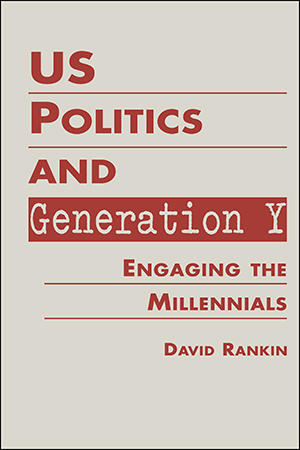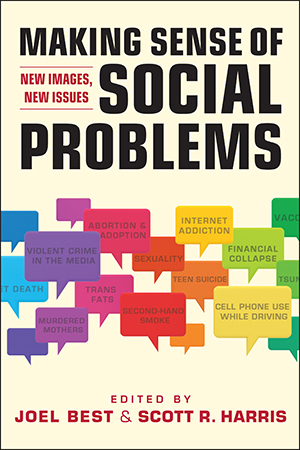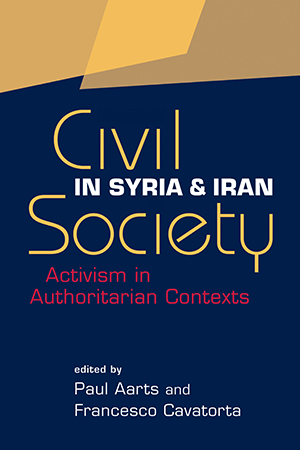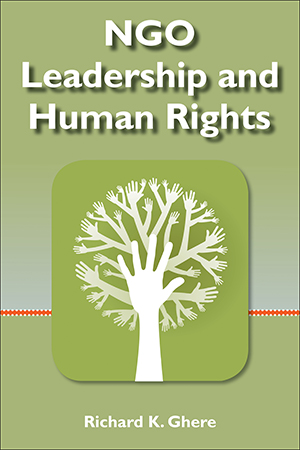BOOKS
Christopher Mallett explores developmental pathways to juvenile delinquency, disentangling key risk factors for offending—and not least, showing how contact with the justice system may More >
For some three decades, Managing Drug Supply (MDS) has been the leading reference on how to manage essential medicines in developing countries. Now, reflecting some 15 years of dramatic More >
What are the strengths and weaknesses of the partnership between Mexico and the United States? What might be done to improve it? Exploring both policy and process, and ranging from issues of More >
The 18-day revolt that ended Hosni Mubarak's 30 years of rule marked a historic turning point in the political fortunes not only of Egypt, but of the entire Middle East. While the impact More >
Bouthaina Shaaban worked closely with Syria's president Hafez al-Assad from 1990 until the time of his death, serving as both official interpreter and adviser. Her new book, part memoir More >
How have the momentous events of the early 21st century affected the millennial generation's political awareness and action? What accounts for the widespread youth mobilization in More >
A weary-looking man stands at an intersection, backpack at his feet. Curled up nearby is a mixed-breed dog, unfazed by the passing traffic. The man holds a sign that reads, "Two old More >
Internet addiction. Cell-phone-distracted drivers. Teen suicide. Economic recession. The health risks of trans fats. The carefully selected collection of case studies in Making Sense of More >
What are the dynamics of civic activism in authoritarian regimes? How do new social actors—many of them informal, "below the radar" groups—interact with these regimes? More >
Richard Ghere provides a comprehensive survey of NGO involvement in a human rights based approach to leadership, organization, management, and performance. Ghere points to how any NGO, More >



